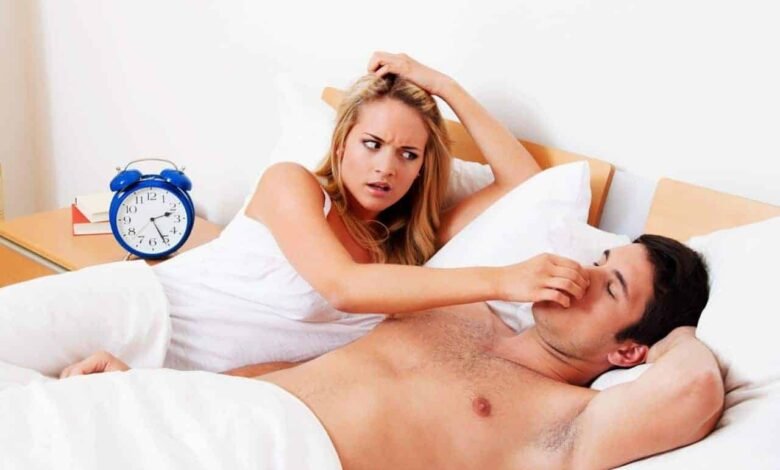Sleep apnea can be a cause of fatigue

Until recently, doctors considered obstructive sleep apnea to be a condition in which you stop breathing for a few seconds at night, preventing you from restful, restful sleep. This mostly affects the elderly and overweight men, doctors believed. The most unpleasant consequences were snoring during sleep and daytime fatigue. And the only way, according to specialists, to control the state of sleep apnea is to use the so-called CPAP machine, which is a small air compressor. However, it can be so noisy and uncomfortable that nearly half of sleep apnea sufferers eventually give up using it.
It turns out that there are many things that many doctors do not know. It is a little known fact that sleep apnea significantly increases the risk of high blood pressure, stroke, cancer, diabetes, depression and obesity. Another interesting fact is that sleep apnea condition affects young, healthy women much more often than previously thought. Nearly half of women between the ages of 20 and 70 suffer from sleep apnea to some degree, according to Swedish researchers. Moreover, sleep apnea harms the health of women much more than men, according to the results of a study by the UCLA School of Nursing in Los Angeles, USA.
Just because you don’t snore doesn’t mean you’re fine—many women with sleep apnea don’t actually snore at all, or at least not often, says Dr. Kathleen Bennett, president of the American Academy of Sleep Dentistry. “Even in good health, athletic women who do not snore have a narrow trachea, an enlarged tongue, a small mouth, and a sunken jaw. All of these indicate a narrow airway that is likely to clog at night, especially if you sleep on your back,” explains Dr. Bennett.
Daytime fatigue is one of the most common symptoms of the condition, Bennett emphasizes. But if you had some form of sleep apnea in your childhood, you’re practically used to sleep disorders. “You may not even know what normal energy levels are because you’ve always felt that way, ever since you were a child,” adds Dr. Bennett. Other telltale symptoms of sleep apnea include tearfulness, depression, during the day, a low level of sexual arousal or difficulty achieving orgasm, a strong need for sugar that leads to a strong desire to eat something sweet.
To be aware of whether you suffer from sleep apnea, your doctor must diagnose you. Fortunately, you don’t have to spend the night in a medical lab to do this. Medicine today is now advanced enough to determine your condition through sensors connected to a monitor that you sleep with for a certain period of time in your home. There are even easy-to-use home screening devices on the market now, as well as portable sleep diagnostic systems. They show your status in real time without having to install complex software. The device is equipped with a nasal cannula and a battery. The doctor will analyze the obtained data and make recommendations.
Uncomfortable CPAP machines are not the only treatment for sleep apnea. Specialized companies offer silicone sleeping masks, nasal gel masks, tubes, devices for non-invasive ventilation, devices for assisted coughing, inhalers, oxygen concentrators. In fact, only half of people diagnosed with sleep apnea use a CPAP machine every night. While people who chose an inhaler, for example, were 76 percent of those diagnosed, doctors reported in Chest magazine.



